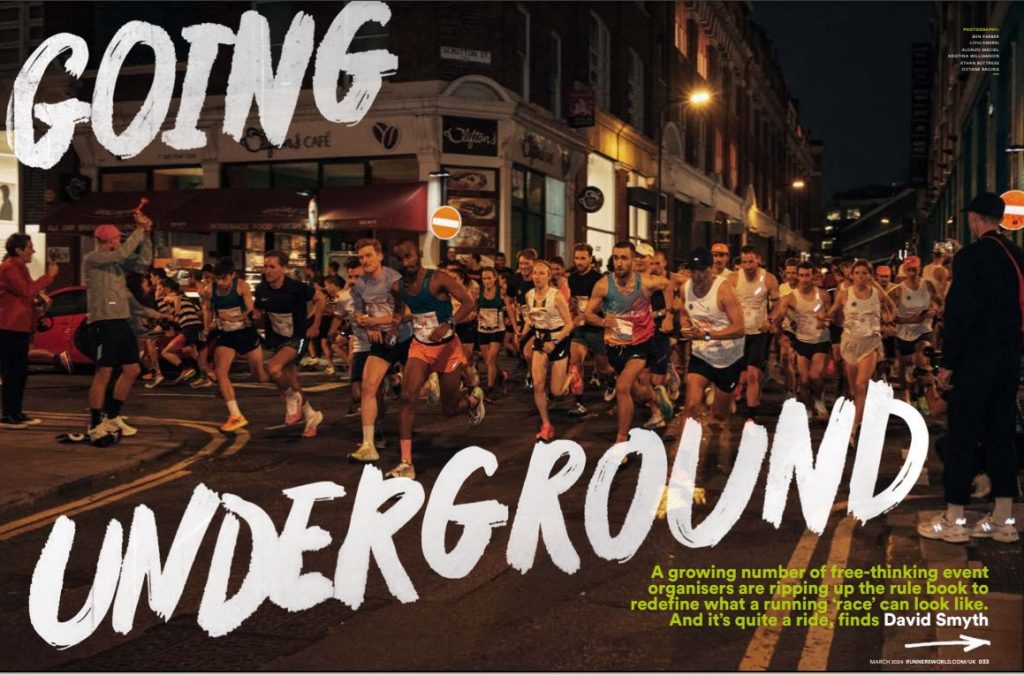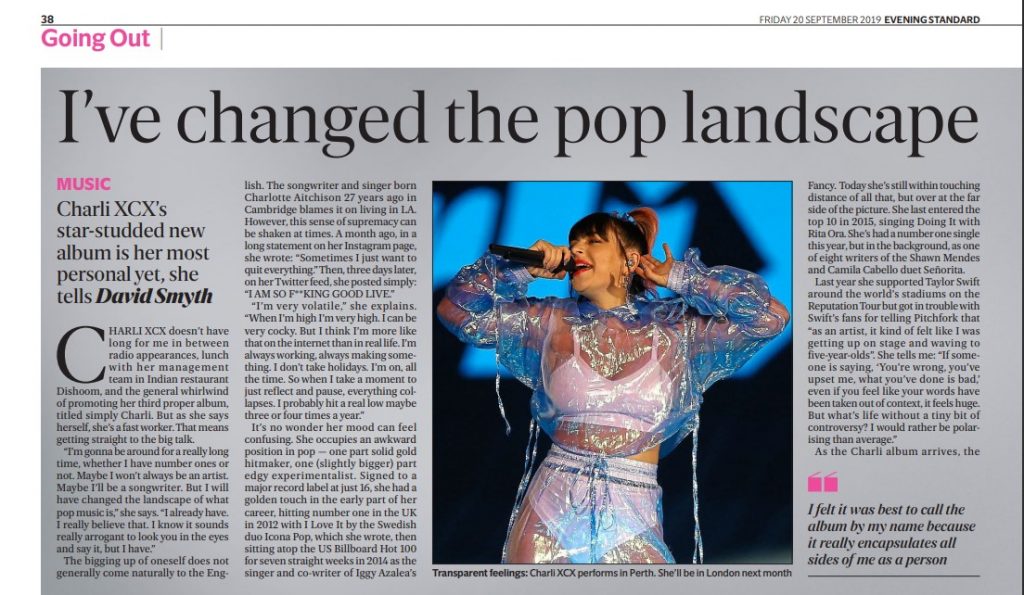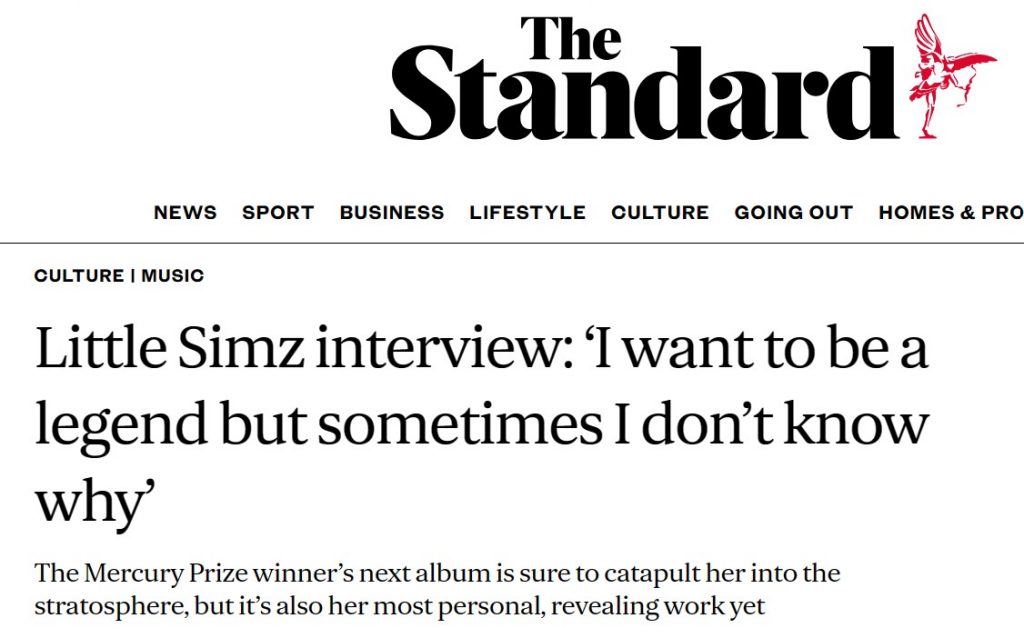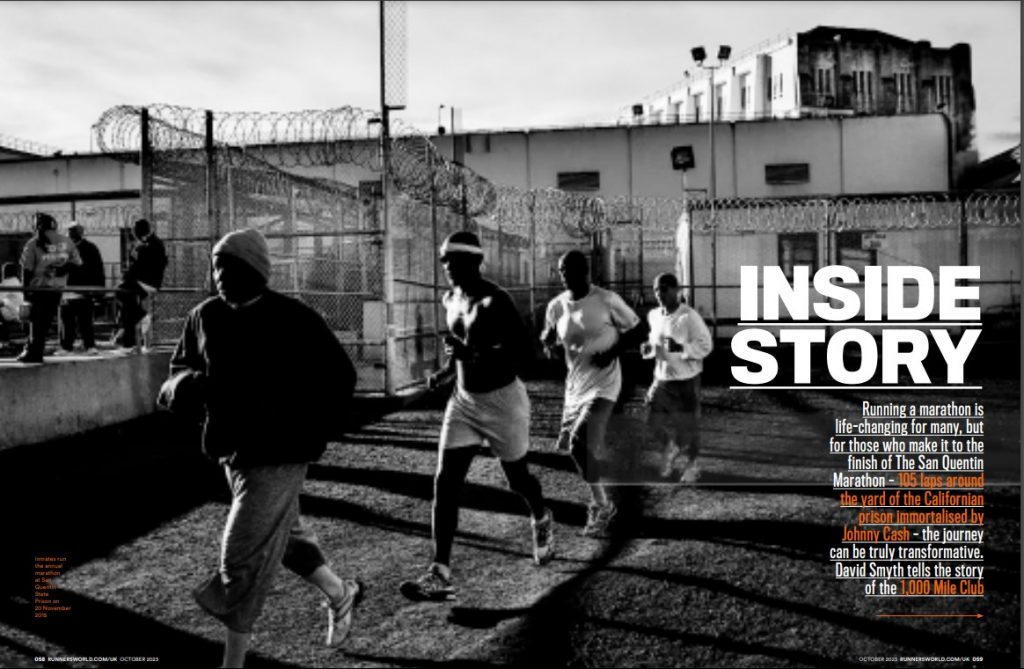Gather round, children, have a Cadbury’s Fuse bar and let me tell you my experiences of the Britpop years. They began 20 years ago this week, according to the BBC, which is timing an array of special programmes to coincide with the anniversary of Kurt Cobain’s death and the day Oasis first played live on Radio 1 — one style of alternative rock neatly giving way to another in April 1994.
I was exactly the right age for this to be “my” music, having been only dimly aware of The Smiths and The Stone Roses when they exploded a few years earlier, and lacking the requisite self-loathing to dive fully into grunge in my earlier teens. By the time the Britpop lot came around, I was a card-carrying music geek with an exercise book full of hand-drawn band logos. I was ready.
The landmark moments that the nostalgia industry has assigned to this period — Blur vs Oasis, Noel Gallagher at 10 Downing Street, Jarvis Cocker’s backside at the Brits, all those bloody flags — are not necessarily those that stuck in the mind at the time. I remember the third Oasis single, Live Forever, coming out on my 17th birthday and it being the only thing I really wanted. I remember going to the hairdressers clutching a picture of Damon Albarn I’d cut out of Select magazine. The day I arrived at university was the same day (What’s the Story) Morning Glory? was released. The album roared out of every open doorway as engineering students discussed exactly what speed Liam Gallagher would have to be walking down a hall to be going faster than a cannonball.
I had felt the first stirrings that British music was worth getting excited about again, that there might be homegrown talent to rival the plaid-clad screamers of Seattle, back in 1991. That was when I got a lift from an older boy, the boyfriend of my best mate’s big sister, and he inserted the Suede demos into his banger’s cassette player with the reverence of a vicar dispensing a communion wafer. By 1992, Melody Maker was calling them the best new band in Britain. The following year, their first album became the fastest-selling British debut ever — until Oasis and then Elastica, that is.
Like Blur, who were escaping the baggy scene and reinventing themselves as Britfops on their second album, 1993’s Modern Life Is Rubbish, Suede were an unmistakably English band. They sang about pantomime horses and flogging ice creams in Worthing. Listen to Brett Anderson’s giant glottal stop when he sings, “She’s a lovely lit-tle number” on their early song Moving. The Select cover featuring Anderson, a Union Jack and the headline “Yanks go home!” placed his band in direct opposition to Cobain’s grunge, but their skinny androgyny was also in conflict with the cocksure noise that came out of Manchester shortly afterwards.
Oasis trampled them underfoot and opened the door for something more simplistic. We can laugh at their one idea now — “Never mind the bollocks, here’s the Sex Beatles,” as The Face put it when they started out — but 20 years ago the Gallagher brothers really were two new gods in Man City tops. They gave the touchstones of mainstream British culture (footie and booze, essentially) the soundtrack they had lacked.
The summer of 1995 brought Blur vs Oasis, when the bands amplified a war of words and got on the news (new music on the news!) by releasing singles on the same day. I confess I bought Roll With It in preference to Country House and worked hard to convince myself that it wasn’t utter bilge. Increasingly, however, I realised that, even on beautiful quiet numbers like Sad Song and Talk Tonight, Oasis were saying nothing.
I saw them at Knebworth in the summer of 1996, having put the home phone on redial all morning to secure tickets. Well, I say “saw them”. Trapped in a slight dip a million miles away, I watched the big screens and predominantly listened to those around me bellowing every word, terrified to go to the loo because without a mobile I’d never see my friends again.
But even before that landmark of excess, things had been getting a bit silly. Oasis playing two nights at Knebworth was surprising, certainly, but perhaps not as surprising as the news in February 1996 that The Bluetones were at number two in the singles chart. The Bluetones! Making the kind of limp indie jangle that would once have been satisfied with one week at number 39 and a spot on Snub TV — incredible scenes.
Oasis introduced an expectation that persists to this day: that new bands should zoom straight to the top of the charts or be considered failures. It even affected the music of previously more interesting bands such as Blur, Manic Street Preachers and The Boo Radleys, who all smartened up, dulled their edges and scored big hits. When the second wave started coming — Space (ugh), Menswear (double ugh), Kula Shaker (all the ughs in the world) — the gig was up.
The summer after Knebworth, Radiohead’s dense, six-minute Paranoid Android first appeared on the radio and my brain, dulled by knees-up anthems, could not compute. That year, if the papers had bothered to create another battle between the staggering OK Computer album and Oasis’s lumpen third effort, Be Here Now, there would have been an obvious winner. British music culture benefited hugely as a result.
Meanwhile, Blur survived by starting to sound American, Pulp and Suede faded commercially before finally getting their due with acclaimed recent reunions, and the lesser chaff mostly disappeared, leaving us with a decade of Coldplay to enjoy. Hard as they try to make new music, the estranged Gallagher brothers still rely on the giant songs of those few magical years to lift their concerts.
As for me, there was plenty of wider-ranging music filling my ears at the same time: Beastie Boys’ Ill Communication, The Chemical Brothers’ Exit Planet Dust, Beck’s Mellow Gold, Underworld’s Dubnobasswithmyheadman. I started going to the Heavenly Social in Nottingham and London, a semi-legendary club with an ethos of fun eclecticism that informed my tastes today far more than one flag-waving scene ever could. I moved on, but it’s still nice to look back and blast the best albums of that period one more time.
A BBC Britpop season includes the Evening Session with Jo Whiley and Steve Lamacq (Radio 2, April 7-10) plus more on Radio 2, 6 Music, BBC4 and bbc.co.uk/britpop.
Definitely Maybe is reissued on May 19 in a three-CD deluxe edition on Big Brother Recordings.
An exhibition, Chasing the Sun: Oasis 1993-1997, runs April 11-22 at Londonewcastle Project Space, E2 (londonewcastle.com); admission free.
O2 Academy Brixton, Apr 11-12
Starting out as sonically awkward firebrands, the band, fronted by James Dean Bradfield grew increasingly polished over the Britpop era, following the disappearance of mouthpiece Richey Edwards in 1995. Currently touring with their 11th album.
Mark Morriss
Brixton Jamm, Sat Apr 19
The Bluetones finally split in 2011 and their frontman has just released his second solo album. It includes covers of newer acts The Shins and Kavinsky.
Damon Albarn
Rivoli Ballroom, Wed Apr 30; Great Hall, Thu May 1
Britpop’s most restless mind has spent the subsequent years making everything from Malian music to Chinese opera. He’s finally settled down to make an introspective solo album, out at the end of this month.
Embrace
O2 Shepherd’s Bush Empire, May 20-21
With two brothers in the band and a pile of terrace anthems, this lot were bound to be billed as the next Oasis towards the end of the Nineties. They never reached that level but are trying again with their first album in eight years.
Suede
Thetford Forest, Fri Jun 13; Westonbirt Arboretum, Mon Jun 21
Mostly excluded from the party at the time, the band that started it all have been rightly seated at the top table since they reformed in 2010. They’re touring some forest parks this summer.
Bush Hall, Tue Jun 3
Pop misanthrope Haines was never comfortable being shoehorned into as jolly a scene as Britpop when he led The Auteurs. He later wrote an entertaining memoir entitled Bad Vibes: Britpop and My Part in Its Downfall.
Victoria Park, Sat Jun 7
The Charlatans frontman has survived first the baggy scene and then Britpop to become something of an institution. His most recent solo album, Oh No I Love You, is a tremendous work and he’s back in London this summer for the Field Day festival.
Menswear
Oxstalls Sports Park, Sun Jun 8
Signed for their sharp looks rather than their weak sound, these Camden chancers epitomised the worst of Britpop during their brief flurry of success. Singer Johnny Dean recently revived the name with a new backing band for a Bush Hall show. Next they’re at this minor music festival.











